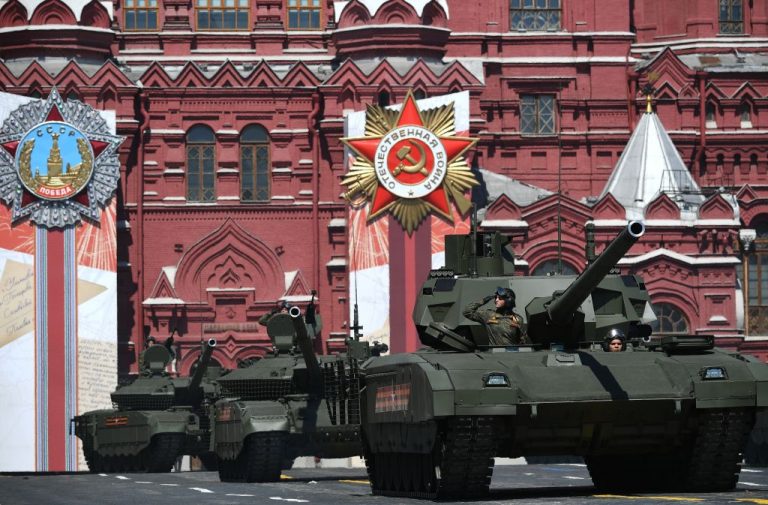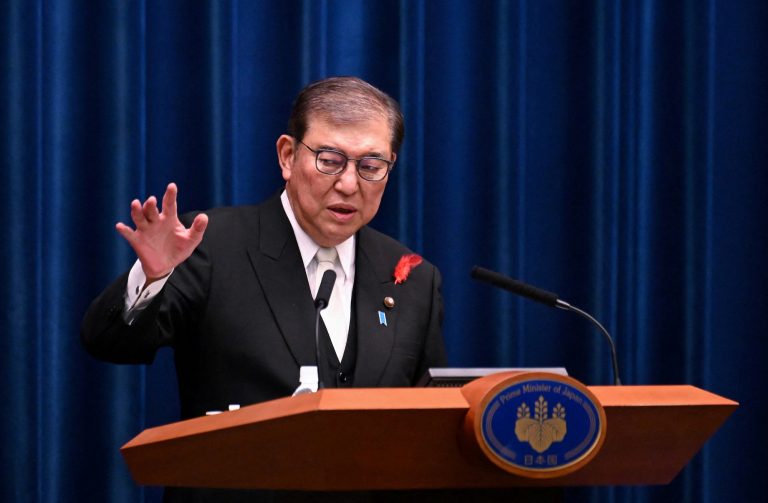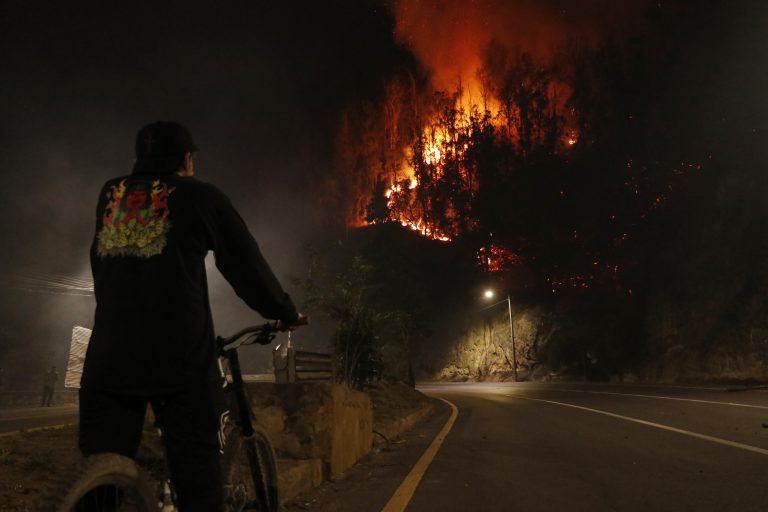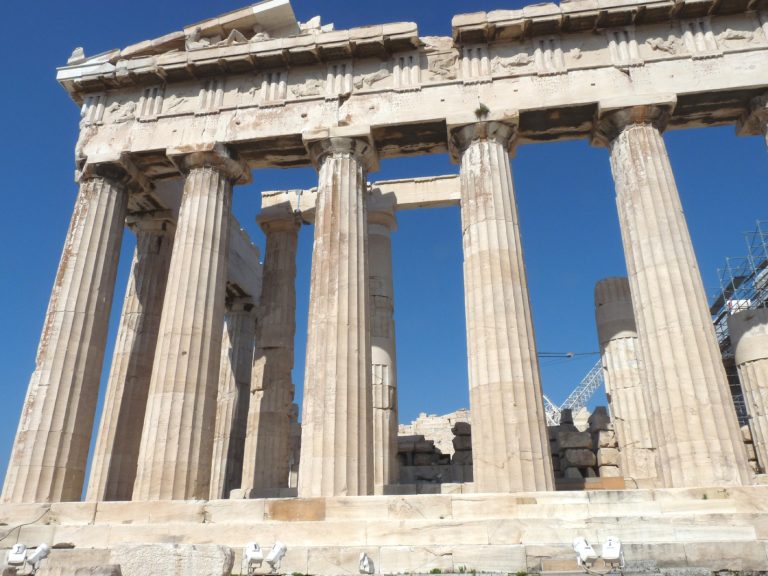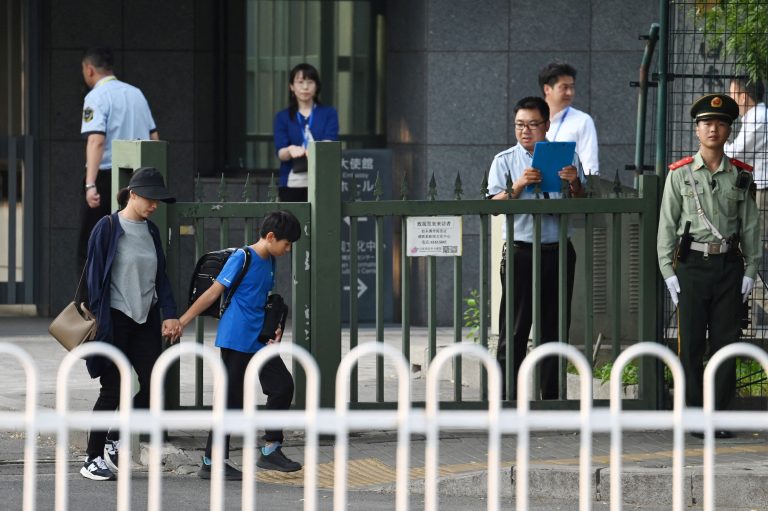A massive buildup of Russian troops at the Ukraine border has spurred international concerns about a looming Russian invasion and an ensuing conflict that could usher in another World War.
Tensions between Ukraine and Russia over the disputed pro-Russian areas like the Donbas region and the Crimean Peninsula had entered a heightened phase since last April when Russia ramped up its martial presence along the Russia/Ukraine border to at least 90,000 troops, according to Ukraine.
U.S. Secretary of State Antony Blinken noted that “serious consequences” would ensue if Russia had the audacity to invade its smaller southwestern neighbor, Newsmax reported.
Blinken made his remarks on Dec. 2 at the sidelines of an OSCE meeting in Stockholm right before entering talks with his Russian counterpart Sergei Lavrov.
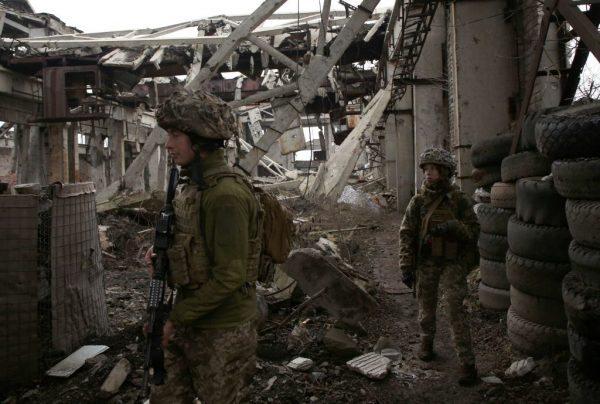
“The best way to avert the crisis is through diplomacy, and that’s what I look forward to discussing with Sergei,” Blinken stated.
Success
You are now signed up for our newsletter
Success
Check your email to complete sign up
He also noted that “if Russia decides to pursue confrontation, there will be serious consequences” without revealing the nature of those consequences.
Lavrov also claimed Russia doesn’t want to enter into any problems. “We, as President Putin has stated, do not want any conflicts,” he said.
Kremlin press secretary Dmitry Peskov said that same day that “the probability of hostilities in Ukraine is still high,” adding that, “This is a matter of particular concern and worry for us.”
The Ukraine war
The Donbas region consists of Luhansk and Donetsk. In these two renegade Ukrainian provinces, the majority of the population speaks Russian, and they have been engaged in a 7-year-long secession war with the central government in Kyiv.
Kyiv accuses the Russians of having invaded the country by supporting the pro-Russian troops. Still, Moscow denies intervening in the conflict, stating that Russian soldiers who have joined the separatists are volunteers operating on their own behalf.
Russia also denies planning an invasion of Ukraine, arguing it is merely performing army exercises and is entitled to do so. But with the presence of nearly 100,000 troops at the border region, this seems hardly a comforting explanation for Ukrainian president Volodymyr Zelensky.
Still, the conflict reflects a far greater struggle: NATO’s expansion to the east at the cost of the former Soviet Empire clashes with Moscow’s ambitions to demarcate its sphere of influence as a regional power while keeping the trump cards in hand to remain a global power.
READ MORE: Ukraine President Visits Russian Border, U.S. Sends Warships to Black Sea
NATO and its allies seem to have done all that’s in their power to lure Putin into an armed conflict over the past decades, including pinpointing Russia as the culprit for the shooting down of passenger flight MH 17 over disputed Ukrainian territory in 2014.
Putin’s ‘red line’
Putin, however, managed to ward off all provocations without giving in on Russia’s sacred cows and, as such, formulated the “red line” NATO has reached, asserting Ukraine shall never be a NATO member and should pull out of talks immediately.
Furthermore, Moscow will not tolerate Ukraine positioning U.S.-made ballistic missiles in the Donbas region or within range of targeting Moscow.
“Every country certainly has the right to choose the most acceptable way of ensuring its security, but it must be done in a way that doesn’t infringe on the interests and undermine the security of other countries, in this case, Russia. Security must be global and equally cover everyone.” Putin said, according to WSKG.
However, earlier this month, NATO Secretary-General Jens Stoltenberg said there is no such thing as Russia having a say in who’s joining the alliance or not. “NATO’s relationship with Ukraine is going to be decided by the 30 NATO allies and Ukraine, no one else,” he said.
Yet, no side would want a war as the consequences would be devastating, and the conflict could easily drag in other parties like the U.S. and its NATO allies on one side and Russia, perhaps joining forces with China and Turkey, on the other. In that case, the world would effectively find itself in a WWIII scenario.
On the other hand, given the lack of ballistic clout that America has demonstrated compared to its adversaries, Russia and China, coupled with domestic issues like the never-ending war on COVID, and the way Biden pulled out of Afghanistan, it provides little confidence that the U.S. will engage itself in another full-fledged war that might drag on for years pulling the whole world into conflict.
Much depends on how Putin will proceed. Very few outside his inner circle seem to know what’s in his playbook.
“We don’t know whether President Putin has made the decision to invade,” Blinken said during his Stockholm visit. “We do know that he’s putting in place the capacity to do so in short order should he so decide.”
“Moscow is so positioned that they can move with very little warning,” John Herbst, a former U.S. ambassador to Ukraine, told NBC. “They’re certainly threatening. And they’re in a position that if they want to, they can do it.”



